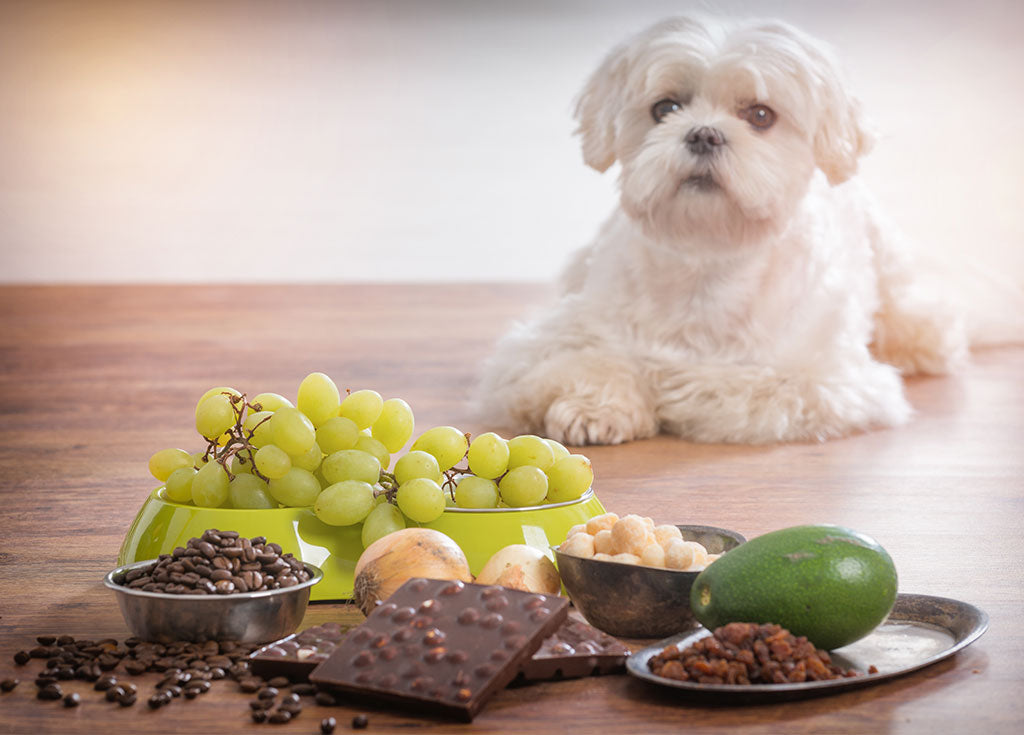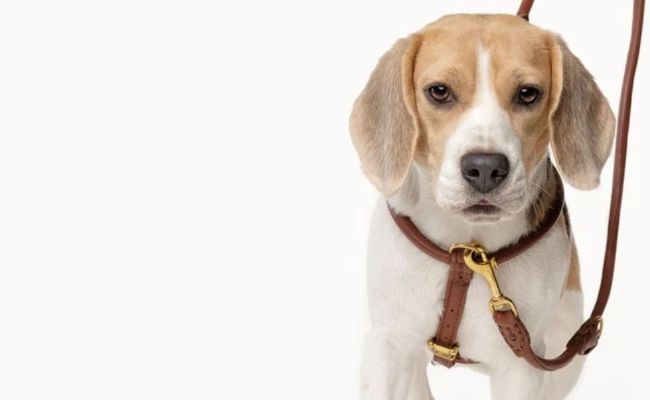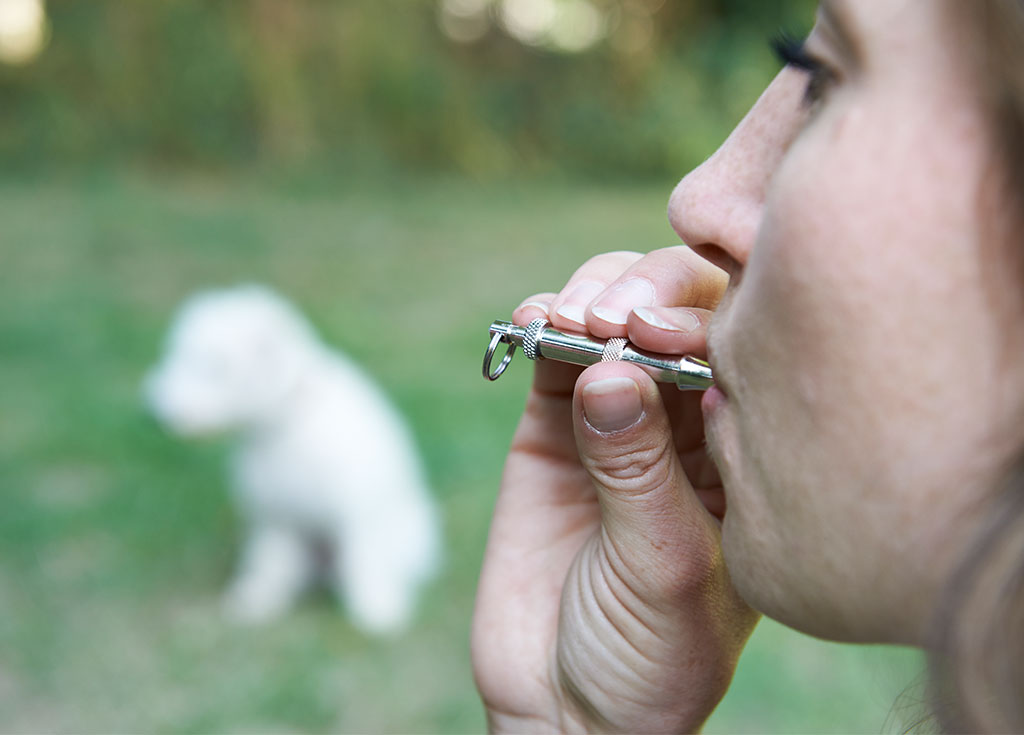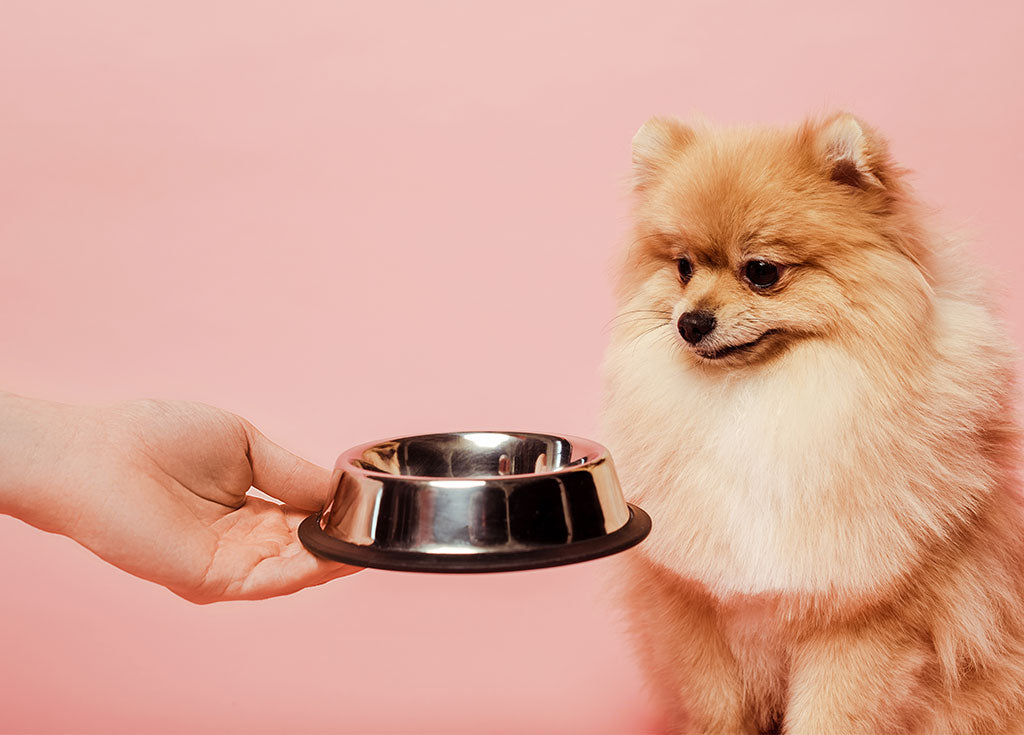
List Of 4 Most Dangerous Foods For Your Dog
Your pet is part of your family. The temptation to feed your dog human food is strong when they are gazing up at you with those wide, innocent eyes. Why can't they share part of your meal if you love them so much?
Freshly made dog foods and organic treats are some of the best foods available for pets. Dogs can also eat human food if you want them to. Making a comprehensive and balanced meal for your pet is difficult, though. You should be aware of the dangerous foods for a dog before feeding them to your pet.
Avocados
Avocados have more fat than many other items in the produce section. When dogs and cats are sensitive to them, these natural fats might cause issues. Higher fat diets can cause diarrhea or softer stools by drawing water from the body into the intestines. While this kind of diarrhea should be self-limiting, it may raise more serious concerns in animals who are already dehydrated or who are more likely to become dehydrated than other animals, such as puppies and kittens.
Chocolate
Dogs who eat chocolate may fall ill, and in certain circumstances, chocolate poisoning can be fatal. Caffeine and theobromine are among the chemicals that are present in chocolate.
Theobromine, like products containing caffeine, can have minor side effects from vomiting and diarrhea to more serious side effects such as tremors, hyperactivity, and irregular heart beat. Dogs who have had too much chocolate may have seizures or potentially die.
Garlic, Onion, Leaks, or Chives
Garlic, leeks, chives, onions, and other plants in the allium family are among the poisonous foods for animals. Do not give your pet a dish that contains bits of these veggies if you have cooked it.
Consumption may induce anemia or a reduced red blood cell count by damaging the body's oxygen-carrying cells.
Lethargy (lack of energy), pale gums (lift up your dog's lip and take a look), increased heart rate and breathing rate, throwing up, and decreased appetite are all signs that the body lacks enough red blood cells to function normally. Your pet may require a blood transfusion and hospitalization if the poisoning is severe. Bring your pet to a veterinary clinic right away for decontamination if they've consumed one of these foods.
Xylitol
A number of food items contain the artificial sweetener xylitol, which comes from birch trees.
Although gum, candy, cookies, baked goods, peanut butter, and other similar products are not hazardous to dogs on their own, when xylitol is added to them, they become toxic to dogs. Little doses of xylitol can have a big impact: A few pieces of gum or a tiny amount of xylitol peanut butter can make a dog exhibit clinical symptoms. Because of this, you should always read food labels carefully, especially if you are planning on giving them to your dog
The Bottom Line
While you might be tempted to provide variety for your dog's taste buds, a healthy and safe diet should be prioritized. Here at HUND Denmark, the health and comfort of pets are also of the utmost importance to us. Our range of comfortable and protective collars that are free of irritants and chemicals provides superior comfort to dogs of any size.



